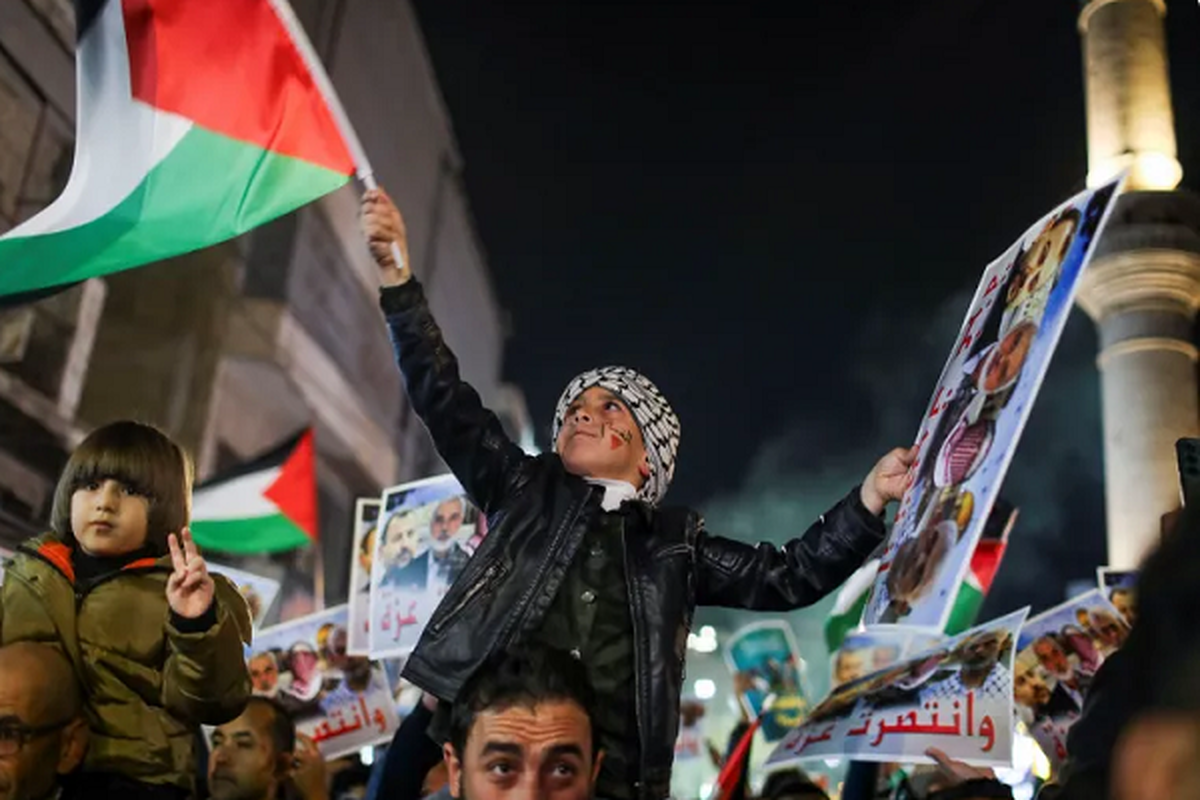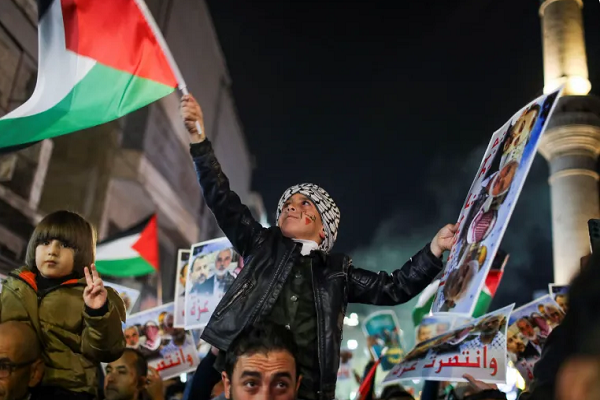Four Reasons Why Israel Failed in Gaza


This is according to Palestinian analyst Ahmed Abdul Rahman in an article published by al-Mayadeen about the reasons for the Israeli regime’s failure in Gaza. Excerpts from the article are as follows:
At last, after a long wait, Netanyahu and his extremist cabinet abandoned their stubbornness that had persisted for the past fifteen months. They were compelled, given the very complex circumstances the Zionist regime faces, to yield to the legitimate and just demands of the resistance that they had repeatedly rejected.
Throughout the past months, they insisted that the condition for ending the war on Gaza was the achievement of all the declared objectives set at the beginning of the aggression on the evening of October 7, 2023.
In my opinion, there are four main reasons for this shift in stance, which, according to informed sources, led to Netanyahu’s surrender after a long period of stubbornness and the acceptance of a deal that has almost the same characteristics as previous proposals.
New US President’s Stance
Since the election of Donald Trump as the new president of the United States, it has been clear that he holds a different perspective on Israel compared to his predecessor, Joe Biden, despite his publicly declared support for Israel and his frequent claims of being its best friend. Biden was unable to impose his views on the Israelis for various reasons, including the approaching presidential elections and the pressures from some of his close advisors and aides, who are known for their strong support of Israel.
Read More:
After Trump came to power, it became clear that Netanyahu would not be able to continue the war in Gaza, as Trump was someone looking to dedicate his time to more significant issues than conflicts in the Middle East. Continuing the war would lead to crises with the new US president, negatively impacting Netanyahu’s political future. This is compounded by the fact that Netanyahu is also grappling with multiple legal cases.
Israeli Military’s Stance
The Israeli military's desire to halt the war and settle for what it considers a “gain” was putting pressure on Israeli political groups. Yoav Gallant, the former war minister, and Herzi Halevi, the chief of staff of the army, were among those urging politicians to evade responsibility for the October 7 failure and to achieve a ceasefire that would preserve the power and credibility of the Israeli military. This comes at a time when the myth of Israel's invincibility has also come to an end.
Operational Stagnation on Battlefield
After the ninth month of Israel’s ground operations in the Gaza Strip, and specifically two months after the ground assault began on the city of Rafah, which the enemy at the time described as the “mother of all battles”, the Israeli military operations entered a state of stagnation, yielding no significant achievements. The efforts of all divisions, brigades, and military battalions were solely focused on the destruction of more Palestinian homes and facilities, with no actions taken to strike at the capabilities of the resistance. Meanwhile, the Palestinian resistance continued its attacks, even launching missile strikes on nearby and distant Zionist cities and settlements, resulting in a prevailing sense of helplessness and defeat in Israel.
Severe Increase in Damages and Casualties
Although the damage inflicted on Israel in the first year of the aggression on Gaza is the highest in its history and has created significant pressure among officials and public opinion, what occurred in the past three months, particularly in northern Gaza, represents a major defeat for the Israeli occupation army. As reported by Israeli media, the number of casualties and injuries among the regime’s elite forces in northern Gaza has significantly increased in recent months, placing immense pressure on the regime’s political leaders.
Read More:
Especially since most of those killed in the battles of Jabalia, Beit Lahiya, and Beit Hanoun were officers, and according to the admission of the occupying army, around fifty Zionist officers and soldiers were killed in these areas. Meanwhile, the Palestinian resistance asserts that the number of Israeli casualties is much higher than this. On the other hand, these heavy losses occurred in an area where most residents had been forced to leave their homes and had been subjected to extensive aerial bombardment.
After the sound of the cannons and the roar of the tanks and airplanes have faded, and free from any preconceived judgments, it can be said that the future of the Zionist regime will in no way resemble its past and will not be better than its past.
The future that the leaders of this rebellious regime claim will be promising and bright will ultimately turn into disasters and failures over time, which even the support of the US and the regional and Arab collusion and passivity will not be able to prevent.
4261344



